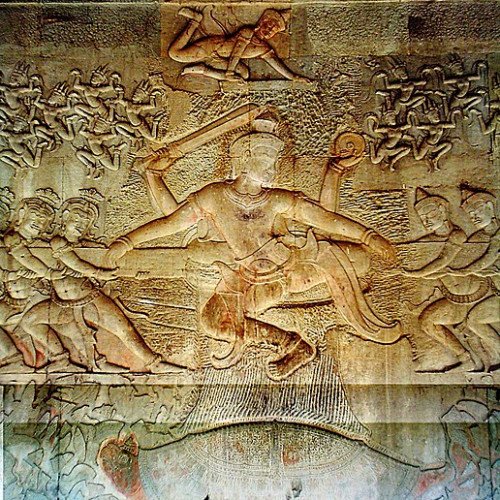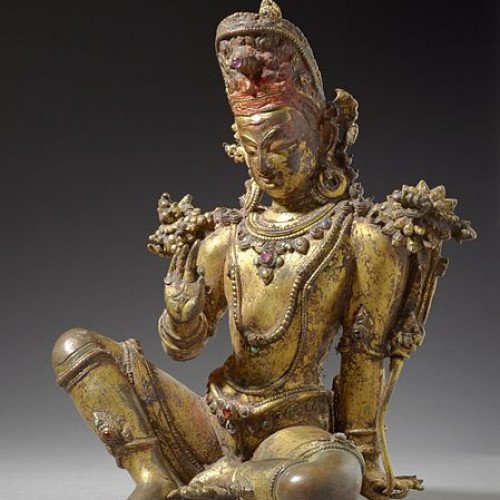Vote on Mythical creatures: Asura vs Deva (Hinduism)

Asura
Asuras (Sanskrit: असुर) are a class of beings or power-seeking clans related to the more benevolent Devas (also known as Suras) in Hinduism. The asuras battle constantly with the devas. Asuras are described in Indian texts as powerful superhuman demigods with good or bad qualities. The good Asuras are called Adityas and are led by Varuna, while the malevolent ones are called Danavas and are led by Vritra. In the earliest layer of Vedic texts Agni, Indra and other gods are also called Asuras, in the sense of their being "lords" of their respective domains, knowledge and abilities. In later Vedic and post-Vedic texts, the benevolent gods are called Devas, while malevolent Asuras compete against these Devas and are considered "enemy of the gods".Asuras are part of Indian mythology along with Devas, Yakshas (nature spirits) and Rakshasas (ghosts, ogres). Asuras feature in many cosmological theories in Hinduism.
Statistics for this Xoptio

Deva (Hinduism)
Deva (; Sanskrit: देव, Deva) means "heavenly, divine, anything of excellence", and is also one of the terms for a deity in Hinduism. Deva is a masculine term; the feminine equivalent is Devi. In the earliest Vedic literature, all supernatural beings are called Devas and Asuras. The concepts and legends evolve in ancient Indian literature, and by the late Vedic period, benevolent supernatural beings are referred to as Deva-Asuras. In post-Vedic texts, such as the Puranas and the Itihasas of Hinduism, the Devas represent the good, and the Asuras the bad. In some medieval Indian literature, Devas are also referred to as Suras and contrasted with their equally powerful but malevolent half-brothers, referred to as the Asuras.Devas, along with Asuras, Yakshas (nature spirits) and Rakshasas (ghoulish ogres), are part of Indian mythology, and Devas feature in many cosmological theories in Hinduism.